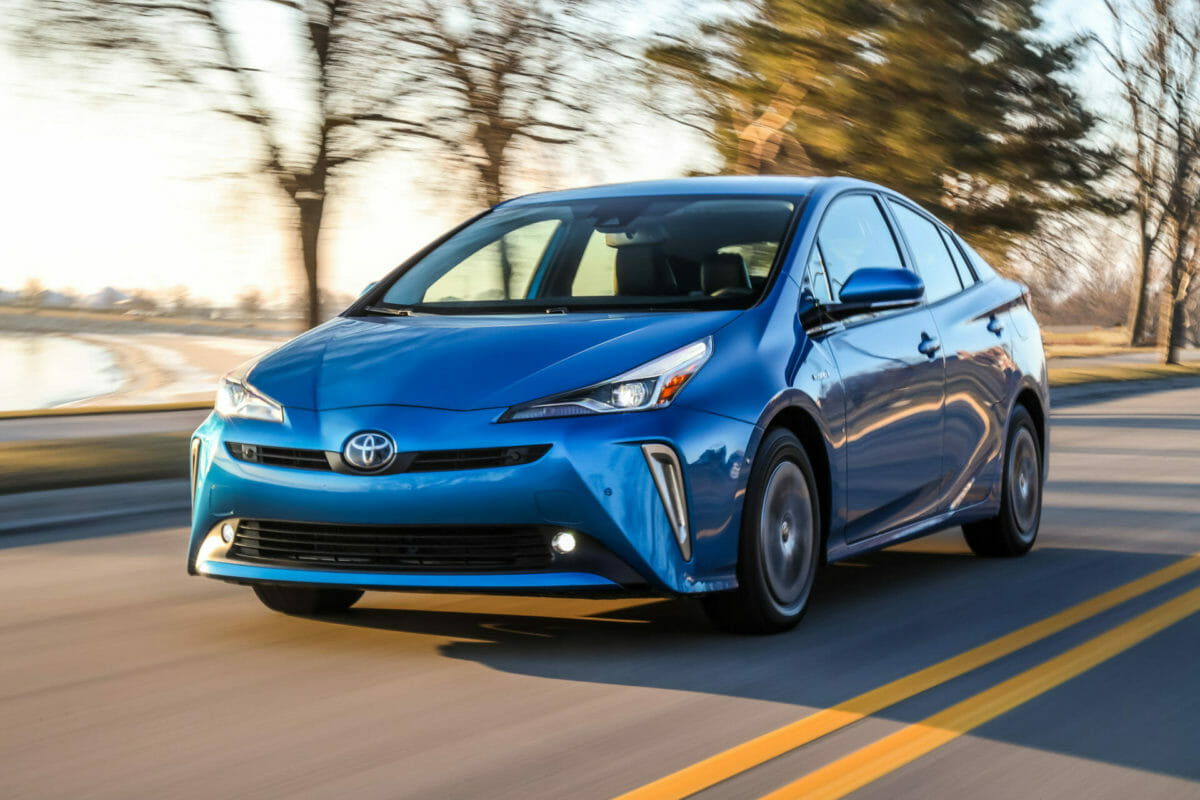CPOpen: Your Gateway to Current Affairs
Stay updated with the latest trends and insights across various topics.
Fuel Efficiency: The Sneaky Way to Save Your Wallet
Discover clever tips to boost fuel efficiency and watch your savings grow—your wallet will thank you for it!
10 Tips for Maximizing Your Vehicle's Fuel Efficiency
Maximizing your vehicle's fuel efficiency is essential for not only saving money at the pump but also for reducing your environmental impact. Here are 10 tips to help you achieve better fuel economy:
- Maintain Your Vehicle: Regular maintenance, including oil changes and air filter replacements, can significantly affect fuel efficiency.
- Tire Pressure: Keeping your tires properly inflated can improve gas mileage by up to 3%. Check pressure regularly.
- Avoid Excess Weight: Remove unnecessary items from your vehicle, as extra weight can reduce fuel economy.
- Use Cruise Control: On highways, using cruise control helps maintain a constant speed, which can enhance fuel efficiency.
In addition to these tips, adopting better driving habits can also lead to improved fuel economy. For instance, gentle acceleration and braking can help maintain a steady speed, reducing fuel consumption. Additionally, limiting your idling time can save gas, as idling consumes fuel without moving the vehicle. Combine errands into one trip to keep your engine warm and operating efficiently. By incorporating these practices, you can make a significant difference in your vehicle's fuel efficiency.

How Does Driving Behavior Impact Fuel Economy?
Driving behavior plays a crucial role in determining a vehicle's fuel economy. Factors such as acceleration, braking patterns, and overall speed can significantly impact how efficiently a car utilizes fuel. For instance, rapid acceleration and abrupt braking can cause a vehicle to consume more fuel than necessary. Fuel economy is typically optimized when drivers maintain a steady speed, avoid unnecessary stops, and utilize cruise control on highways. Therefore, understanding and adjusting driving habits can lead to significant improvements in fuel efficiency, benefiting both pocketbooks and the environment.
Moreover, driving style is not the only factor affecting fuel economy; vehicle maintenance also contributes to how well a car performs. Regular oil changes, proper tire inflation, and maintaining a clean air filter are essential for ensuring that the vehicle runs smoothly and utilizes fuel efficiently. Research indicates that maintaining a consistent driving speed within the optimal range (between 45 to 65 mph for most vehicles) can further enhance fuel efficiency. By combining good driving habits with regular vehicle maintenance, drivers can maximize their fuel economy and reduce their carbon footprint.
The Hidden Costs of Ignoring Fuel Efficiency
Fuel efficiency plays a crucial role in determining the overall cost of vehicle ownership. When individuals and businesses ignore the importance of fuel efficiency, they often face hidden costs that can add up significantly over time. These costs include increased fuel expenses, which can account for a large portion of an annual budget, especially with fluctuating gas prices. Additionally, vehicles that consume more fuel tend to require more frequent maintenance, leading to higher repair bills and unexpected expenses.
Moreover, the environmental impact of ignoring fuel efficiency cannot be overstated. Vehicles that are less fuel-efficient typically emit more greenhouse gases, contributing to climate change and environmental degradation. This can lead to regulatory penalties, increased taxes on fuel consumption, and rising insurance premiums for non-compliant vehicles. In the long run, the decision to overlook fuel efficiency is not just a matter of short-term savings; it can result in substantial financial repercussions and negative implications for the planet.